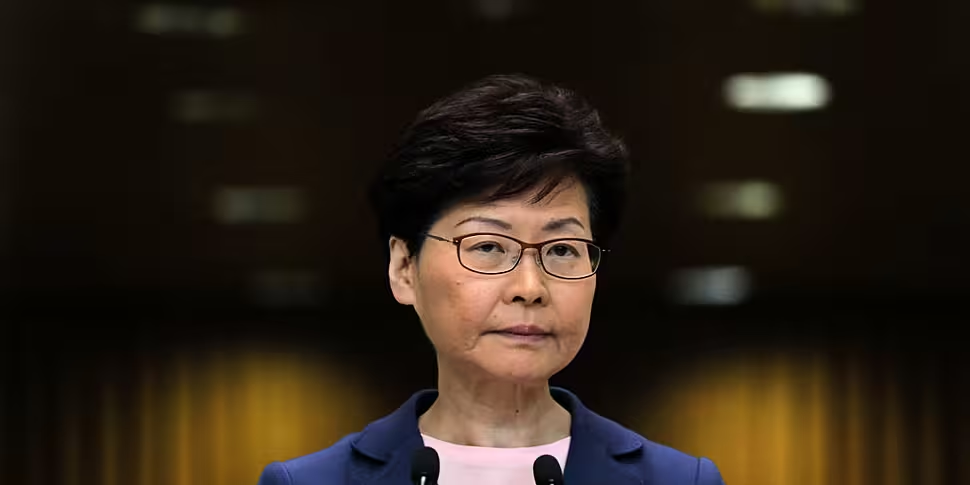Hong Kong's chief executive has said the controversial extradition bill with China "is dead".
Carrie Lam admitted her government's work on the bill, which has sparked a political crisis in the territory, had been a "total failure".
However she stopped short of saying she would formally withdraw the bill.
The proposed bill would have allowed people in Hong Kong to face trial in mainland China but its planned introduction led to mass protests and violence.
Hong Kong was under British rule until 1997, during which time it developed its own legal system and freedoms separate from mainland China.
Under current laws, Beijing cannot extradite people from Hong Kong to stand trial on the mainland.
Chinese courts are strictly controlled by the Communist Party and protesters argued those extradited to the mainland would not be guaranteed a fair trial.
In a news conference on Tuesday, Ms Lam said there were "still lingering doubts about the government's sincerity or worries whether the government will restart the process in the legislative council".
"So, I reiterate here, there is no such plan, the bill is dead," she said.
The leader also confirmed that those being investigated over the protests would not be given amnesty as it would "go against a rule of law in Hong Kong".
She suspended the bill in response to the huge protests in mid-June, but critics continued to demonstrate and call for her resignation.
The leader appeared in public last month to offer her "sincere apology" but did not say she would abandon the bill.
However she did say there was no timetable to bring back the bill and said she would not proceed with it if the concerns could not be addressed.
Tensions heightened last week when protesters broke into a government building and faced off with riot police, who threw tear gas at the demonstrators.
It is not immediately clear whether Ms Lam's latest announcement will be enough to satisfy demonstrators.
They have also called for an independent investigation into police actions against protesters and for the government to abandon its description of a violent protest on June 12th as a "riot".









